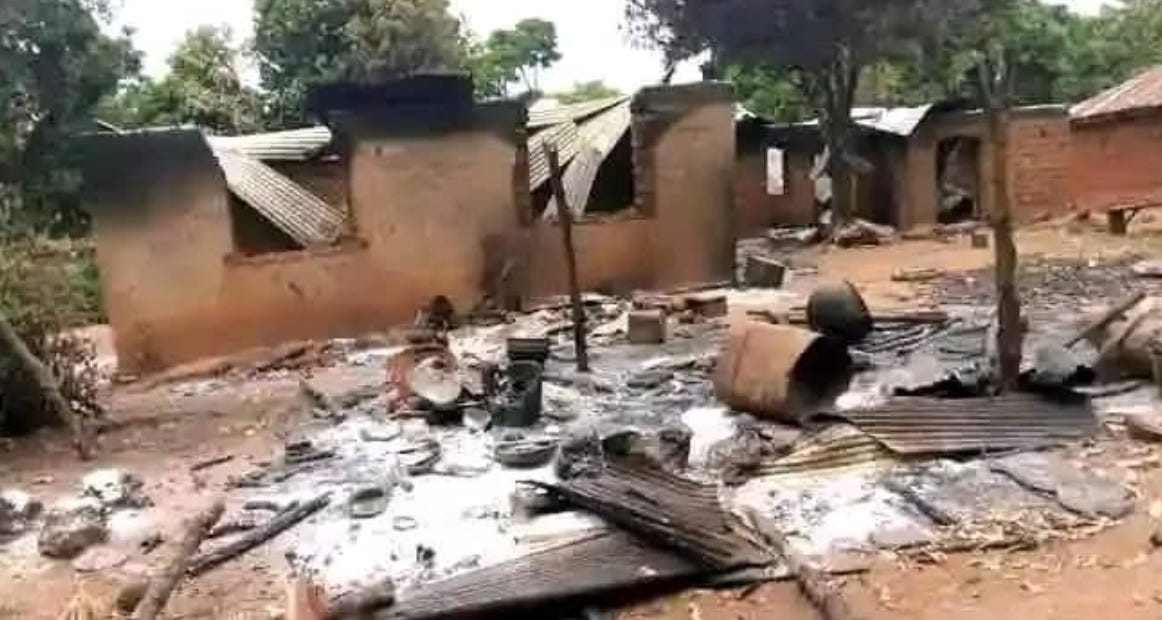Fulani attacks leave at least 30 dead this month
In coordinated attacks, suspected Fulani herders have displaced communities and razed rural villages.
This report contains graphic depictions of violence.
A spate of attacks by suspected Fulani militia have overrun villages across northern Nigeria this month, leaving dozens injured and thousands displaced, and killing at least 30 people in the Plateau state.

